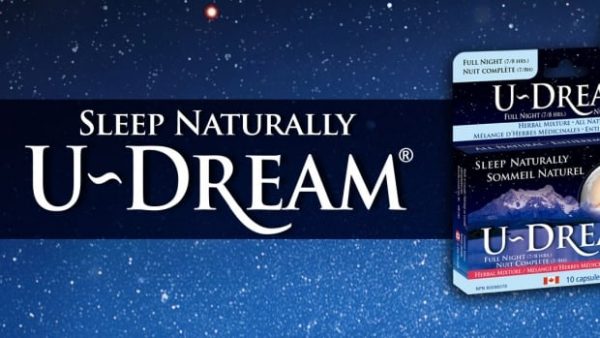
The British Columbia-based manufacturer of the popular herbal sleep aid U-Dream says it has stopped distribution after Health Canada found traces of a molecule similar to a prescription drug in some batches of its product.
Biotrade Canada, the company that makes U-Dream, says Health Canada sent a report on Nov. 21 citing concerns about “traces of an unidentified material” found in the product.
The company says it immediately told its retailers to pull U-Dream from store shelves as a precautionary measure.
Last Thursday, Health Canada told the company they found zopiclone impurity 22, which is similar to prescription sleep aid zopiclone, in some batches of U-Dream.
Biotrade Canada recommends its customers stop consuming the product immediately, until further notice.
Source unknown: company
Biotrade Canada says Health Canada hasn’t indicated if the molecule poses any risks or if its source is natural or manufactured, and says it hasn’t had any confirmed cases of illness related to the product.
“We are committed to doing whatever is required to identify the source of this material and remove it in order to return to stores for the well-being of the many people who benefit from the product,” the company said in a written statement.
U-Dream is marketed as a “natural sleep formula” that combines “traditional Eastern medicinal herbs and state-of-the-art Western herbal medicine.”
Advertised ingredients include passionflower, L-tryptophan, and curcumin.
The U.S. Food & Drug Administration issued one on Dec. 18, saying its own lab analysis of U-Dream found a substance “structurally similar” to eszopiclone (the active ingredient in presription sleep medication Lunesta) and zopiclone, which hasn’t been approved by the FDA.
It then warns that those two drugs have been known to cause impaired driving the next day, as well as “dry mouth, headache, dizziness, drowsiness, memory loss, and abnormal thoughts and behaviour.”
However, a Biotrade Canada spokesperson emphasized that zopiclone impurity 22 is a different substance, and Health Canada has yet to provide clarity on what risks it may pose.